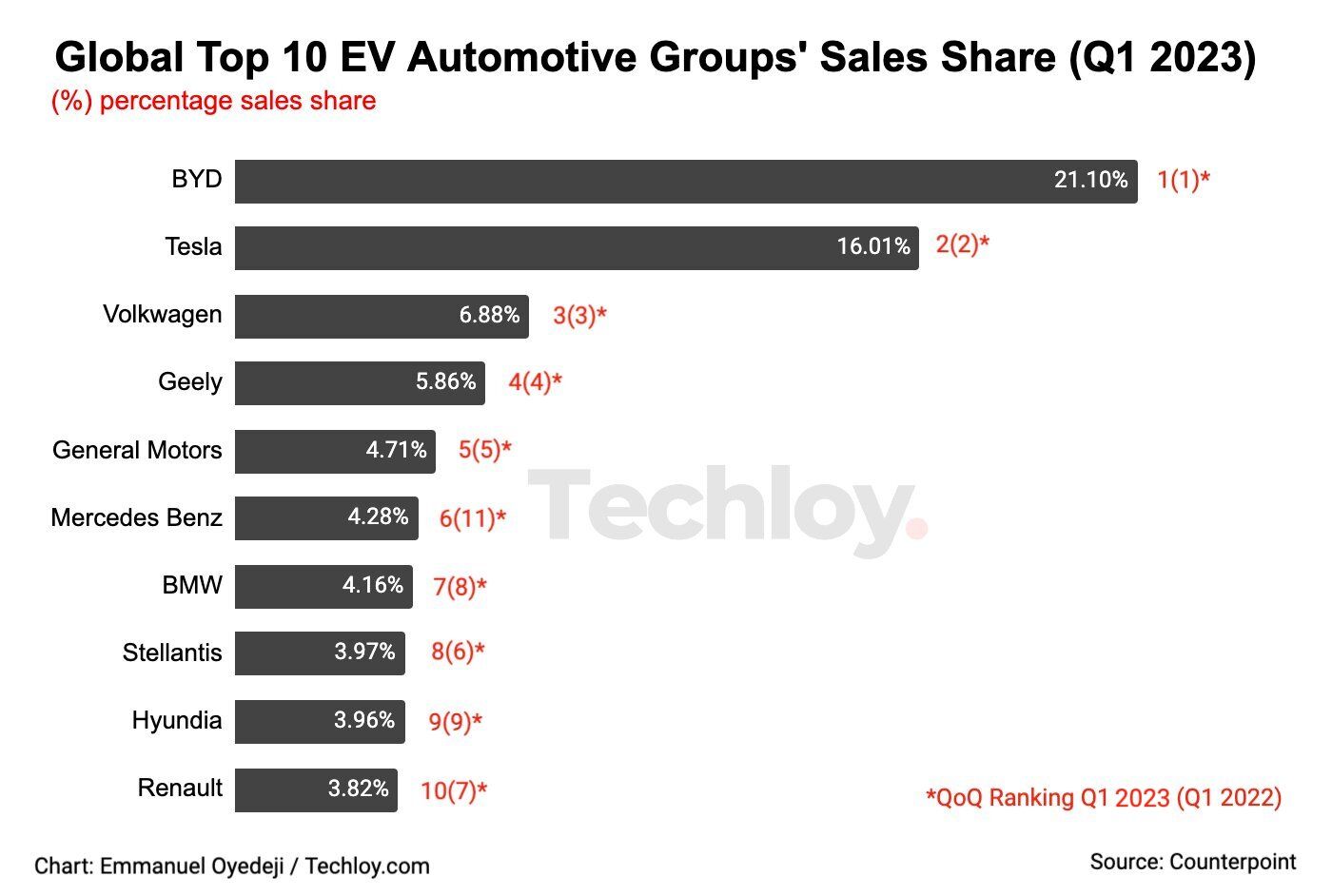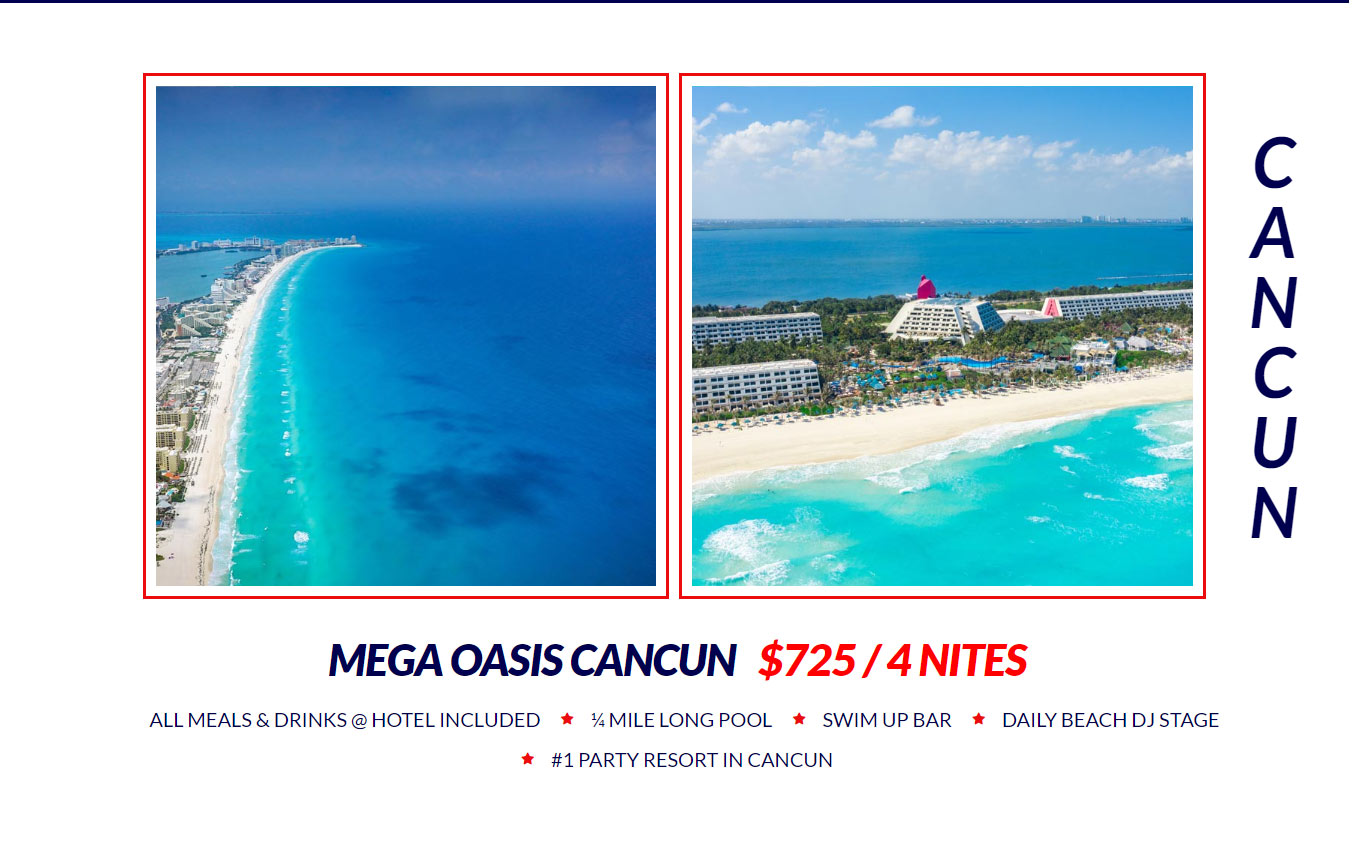Brazil's EV Market: BYD's Growing Dominance And Ford's Shrinking Share

Table of Contents
BYD's Rapid Ascent in the Brazilian EV Market
BYD's success in Brazil's electric vehicles market is a compelling case study. Their rapid ascent can be attributed to a multifaceted strategy focusing on aggressive pricing, product diversification, and effective market penetration.
Aggressive Pricing and Product Strategy
BYD has successfully undercut competitors with competitive pricing for its electric cars, making EVs more accessible to the Brazilian consumer. This is complemented by a diverse range of EV models, including sedans and SUVs, catering to various consumer preferences and budgets. This approach, combined with a successful localization strategy involving local manufacturing and strategic partnerships, has significantly boosted their market share.
- Competitive Pricing: BYD's pricing strategy significantly impacts its market share.
- Diverse Model Range: Models like the BYD Tang and BYD Han have resonated with Brazilian consumers.
- Local Production: Establishing local manufacturing reduces costs and improves supply chain efficiency.
- Market Share Growth: BYD's market share in the Brazilian EV segment has seen substantial growth in the last year. (Specific data would be inserted here if available).
Leveraging Existing Infrastructure and Brand Recognition
BYD's marketing campaigns in Brazil have been shrewd, effectively targeting environmentally conscious consumers and highlighting the value proposition of their electric vehicles. While charging infrastructure remains a challenge in Brazil, BYD’s partnerships and initiatives are addressing this limitation. Their brand is increasingly recognized for reliability and innovation, contributing to their positive consumer perception.
- Targeted Marketing: Focus on sustainability and technological advancement.
- Charging Infrastructure Partnerships: Collaboration with charging network providers.
- Positive Brand Perception: Building a reputation for quality and affordability.
- Competitive Brand Positioning: Successfully differentiating itself from other EV brands.
Ford's Declining Presence in the Brazilian EV Sector
In stark contrast to BYD's rise, Ford's presence in Brazil's EV sector is dwindling. A combination of factors, including limited model availability, pricing issues, and challenges in adapting to the evolving market, have contributed to their struggles.
Limited Model Availability and High Prices
Ford offers a significantly smaller range of electric vehicles compared to competitors like BYD. Furthermore, their pricing strategy has positioned their EVs at a higher price point, making them less accessible to the average Brazilian consumer. This directly impacts their sales figures and market competitiveness.
- Limited EV Portfolio: A smaller selection compared to BYD reduces market reach.
- High Pricing: Higher prices limit affordability and attractiveness to a wider audience.
- Lack of Localized Models: Absence of models specifically tailored to the Brazilian market.
- Price Comparison: Ford's EV prices are significantly higher than BYD's comparable models.
Challenges in Adapting to the Evolving Market
Ford's challenges extend beyond pricing and model availability. They are facing difficulties competing effectively with established players like BYD, who have aggressively captured market share. Analysis suggests potential missed opportunities in adapting their strategy to the unique demands of the Brazilian EV market.
- Competition with BYD: Struggling to match BYD's aggressive market penetration.
- Strategic Errors: Potential shortcomings in market research and strategy implementation.
- EV Infrastructure Investment: Insufficient investment in supporting infrastructure.
- Sales Figures Comparison: Comparison of EV sales against ICE vehicle sales reveals a significant disparity.
Impact of Global Supply Chain Disruptions
The global supply chain disruptions have further exacerbated Ford's challenges. Their ability to maintain consistent EV production and sales in Brazil has been negatively affected, highlighting a comparative lack of supply chain resilience compared to BYD.
- Supply Chain Bottlenecks: Impacts on production and delivery timelines.
- Resilience Comparison: BYD's supply chain appears to be more robust.
- Future Challenges: Ongoing supply chain volatility presents an ongoing threat.
The Broader Context of Brazil's EV Market
Understanding BYD and Ford's contrasting experiences requires analyzing the broader context of Brazil's EV market. Government policies and infrastructure development play crucial roles in shaping its trajectory.
Government Incentives and Policies
The Brazilian government has implemented various incentives to encourage EV adoption, including tax breaks and subsidies. However, the effectiveness of these initiatives in significantly boosting EV sales remains a subject of ongoing debate and requires further evaluation.
- Tax Incentives: Government policies aimed at reducing the cost of EVs.
- Subsidies and Grants: Financial support for EV purchases.
- Infrastructure Investments: Government spending on charging stations.
- Effectiveness Evaluation: Assessing the impact of these initiatives on EV adoption rates.
Infrastructure Development and Consumer Acceptance
Brazil's charging infrastructure is still in its early stages of development, posing a significant challenge to widespread EV adoption. Range anxiety and concerns about charging accessibility remain key barriers to consumer acceptance. Targeted consumer education campaigns could play a crucial role in addressing these concerns.
- Charging Infrastructure: The current status and future development plans.
- Consumer Perceptions: Addressing concerns around range anxiety and charging availability.
- Consumer Education: The need for broader public awareness campaigns.
Conclusion
The contrasting trajectories of BYD and Ford in Brazil's EV market highlight the critical importance of strategic pricing, product diversification, and effective marketing in this dynamic sector. BYD’s aggressive and localized approach has yielded remarkable success, while Ford’s struggles underscore the challenges of adapting to a rapidly changing landscape within the Brazil EV market. Understanding these dynamics is crucial for automakers navigating the future of electric vehicles Brazil. To stay abreast of the latest developments in the Brazil EV market and its impact on the broader automotive industry Brazil, continue following our analyses.

Featured Posts
-
 Leonardo Di Caprio Utan Szabadon 5 1 Filmes Par Akik A Valosagban Utaltak Egymast
May 13, 2025
Leonardo Di Caprio Utan Szabadon 5 1 Filmes Par Akik A Valosagban Utaltak Egymast
May 13, 2025 -
 Chicago Cubs Win On Ian Happs Walk Off Hit Against Los Angeles Dodgers
May 13, 2025
Chicago Cubs Win On Ian Happs Walk Off Hit Against Los Angeles Dodgers
May 13, 2025 -
 Manila Schools Closed Due To Heatwave Bangkok Post Report
May 13, 2025
Manila Schools Closed Due To Heatwave Bangkok Post Report
May 13, 2025 -
 How To Make Spring Break Better For Kids Fun Activities And Planning Tips
May 13, 2025
How To Make Spring Break Better For Kids Fun Activities And Planning Tips
May 13, 2025 -
 Five Script Changes How Beyonce Shaped Her Hollywood Role
May 13, 2025
Five Script Changes How Beyonce Shaped Her Hollywood Role
May 13, 2025
